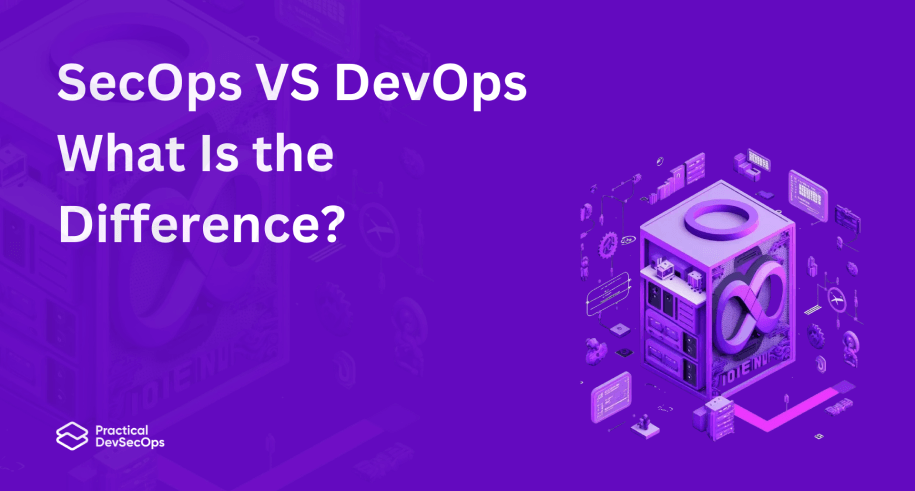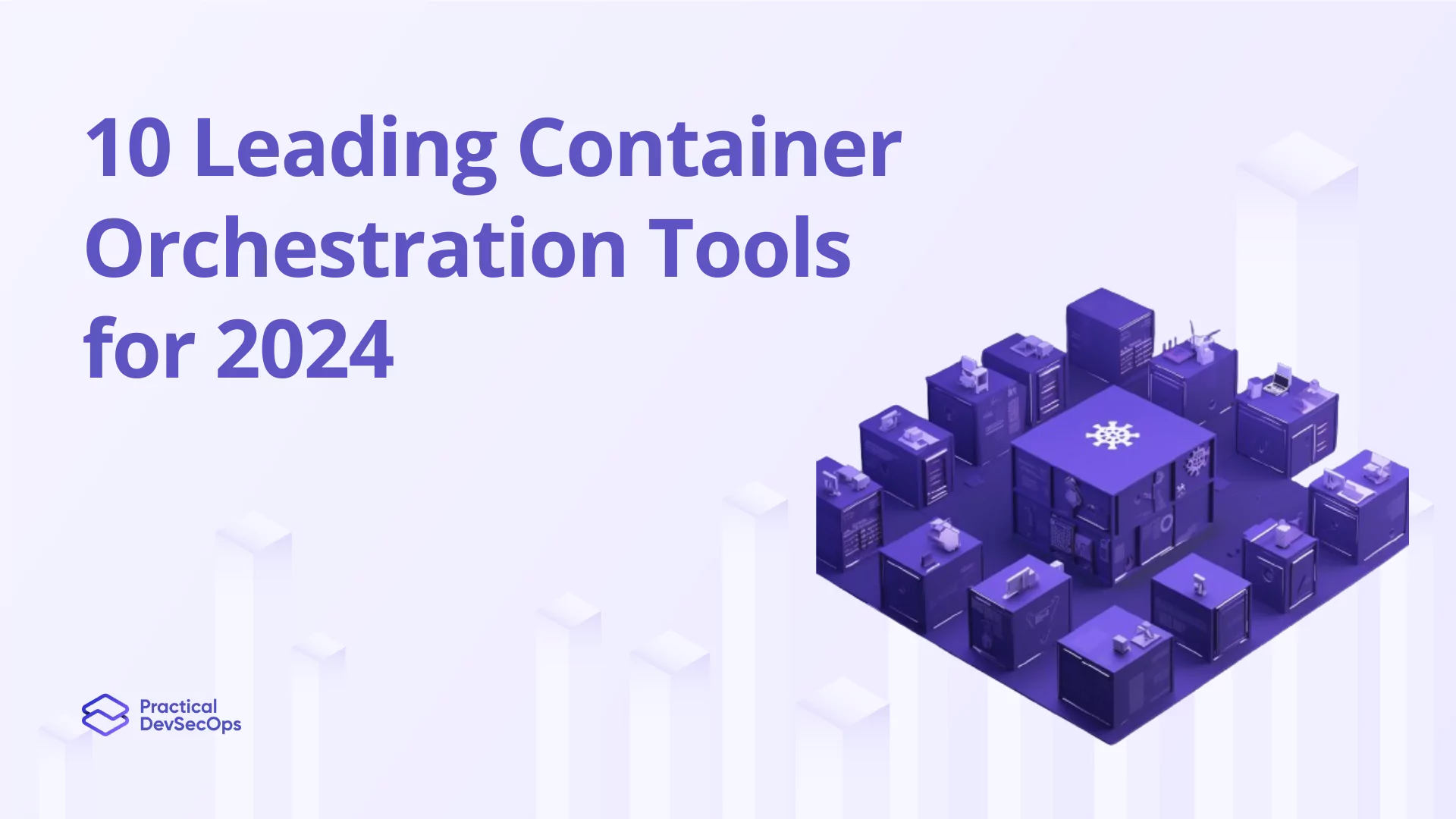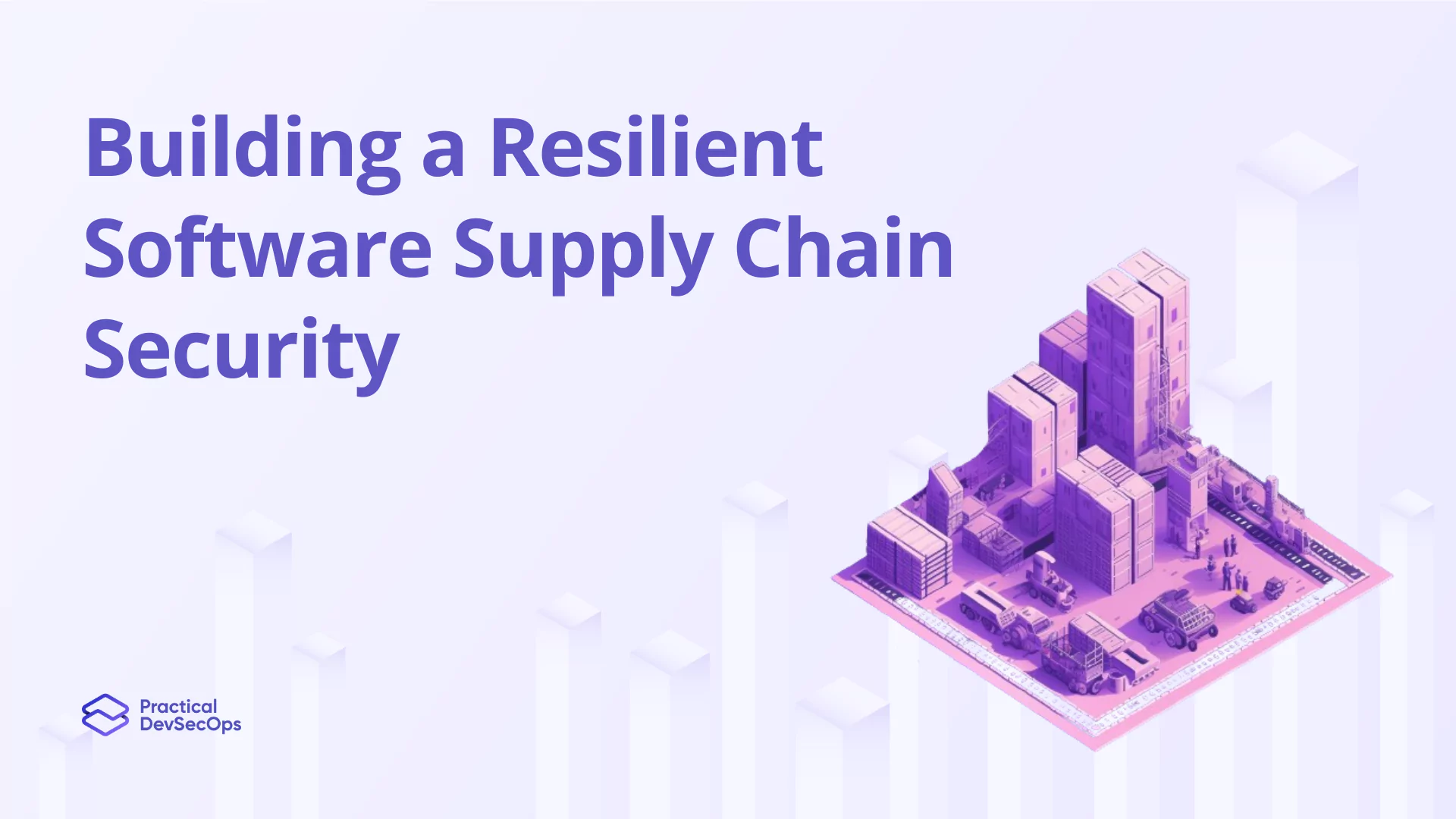In today’s rapidly evolving digital landscape, ensuring the security of our systems and applications is paramount. Traditional security operations (SecOps) and the emerging discipline of DevSecOps play crucial roles in safeguarding our digital assets. While both concepts revolve around security, there are distinct differences between them. In this article, we will explore the disparities and similarities between SecOps vs DevSecOps, shedding light on their respective approaches and benefits
SecOps
In the “SecOps” methodology, the “Security team” and the “IT Operations team” work together to enhance security all throughout the software development lifecycle. To summarise, “Security” is the most important aspect of this methodology. In fact, in this methodology, all the teams are aware of security concepts. Proper learning and implementation across the SDLC reinforce this approach. SecOps speeds up the process by automating security tasks. SecOps also ensures that security is a constant, dynamic process and never an afterthought.
The primary advantages of SecOps are:
- The security team and the Operations team work together
- Making the software secure
- The security culture is imbibed all through the teams
We have seen the DevOps and SecOps methodologies in this post. Stay tuned for further updates in the DevSecOps domain!
Also, Read Agile Scrum Extreme Testing
DevSecOps
DevSecOps, on the other hand, signifies the integration of security practices into the DevOps culture. It emphasizes the idea of shifting security left in the software development lifecycle. In a DevSecOps model, security becomes an integral part of the entire software development process, imbuing a security-centric mindset among all stakeholders.
Key aspects of DevSecOps include:
- Automation and collaboration: By leveraging automation tools and fostering collaboration between development, operations, and security teams, DevSecOps aims to deliver secure applications more efficiently.
- Continuous security testing: DevSecOps embeds security testing throughout the development pipeline, enabling the early identification and remediation of vulnerabilities.
- Culture of shared responsibility: In DevSecOps, all teams share the responsibility for security, ensuring that security-related decisions and practices are ingrained into every phase of development.
SecOps vs DevSecOps: What is the Difference?
The key differences between SecOps vs DevSecOps lie in their focus, timing, responsibility, and overall benefits:
1. Priority and Implementation
SecOps primarily focuses on securing the infrastructure and systems after they have been developed and deployed. It often operates as a siloed function, separate from the development process. In contrast, DevSecOps integrates security practices from the start, emphasizing timely identification and resolution of vulnerabilities.
2. Timing and Speed
SecOps generally operates in a reactive mode, responding to security incidents and mitigating risks as they arise. DevSecOps, on the other hand, promotes proactive security measures by incorporating security checks throughout the development lifecycle. This enables the early detection and prevention of potential security flaws, reducing the overall risk exposure.
3. Responsibility and Collaboration
Traditional SecOps teams often shoulder the sole responsibility for security, whereas DevSecOps encourages a culture of shared responsibility. By integrating security into the development process, DevSecOps promotes collaboration between development, operations, and security teams. This collaboration ensures that security concerns are addressed effectively and in a timely manner.
4. Overall Benefits
While SecOps is crucial for protecting existing systems, DevSecOps brings several significant benefits to the table, such as:
- Enhanced speed and agility: By incorporating security practices early in the development process, DevSecOps enables faster and more agile software delivery.
- Reduced vulnerability exposure: The proactive security measures of DevSecOps assist in identifying and mitigating vulnerabilities at an earlier stage, minimizing the window of exposure.
- Culture of security awareness: DevSecOps fosters a security-aware culture across the organization, empowering all stakeholders to contribute to the security posture of the applications they develop.
- Improved collaboration: DevSecOps encourages collaboration and communication between teams, breaking down silos and ensuring security is a shared responsibility.
Conclusion
In a world where security threats are ever-present, organizations must adapt their practices and methodologies to stay ahead. While SecOps plays a vital role in securing existing systems, DevSecOps represents a paradigm shift toward integrating security into the entire software development lifecycle. By promoting collaboration, shared responsibility, and automation, DevSecOps delivers more secure and agile applications. Whether you lean towards SecOps or embrace the DevSecOps approach, understanding these concepts will empower you to make informed decisions and protect your digital assets effectively.
References:
Network Interview: Secops vs DevOps
Torq Blog: DevOps, Secops, and DevSecOps
Invensislearning: DevOps vs DevSecOps






0 Comments